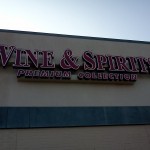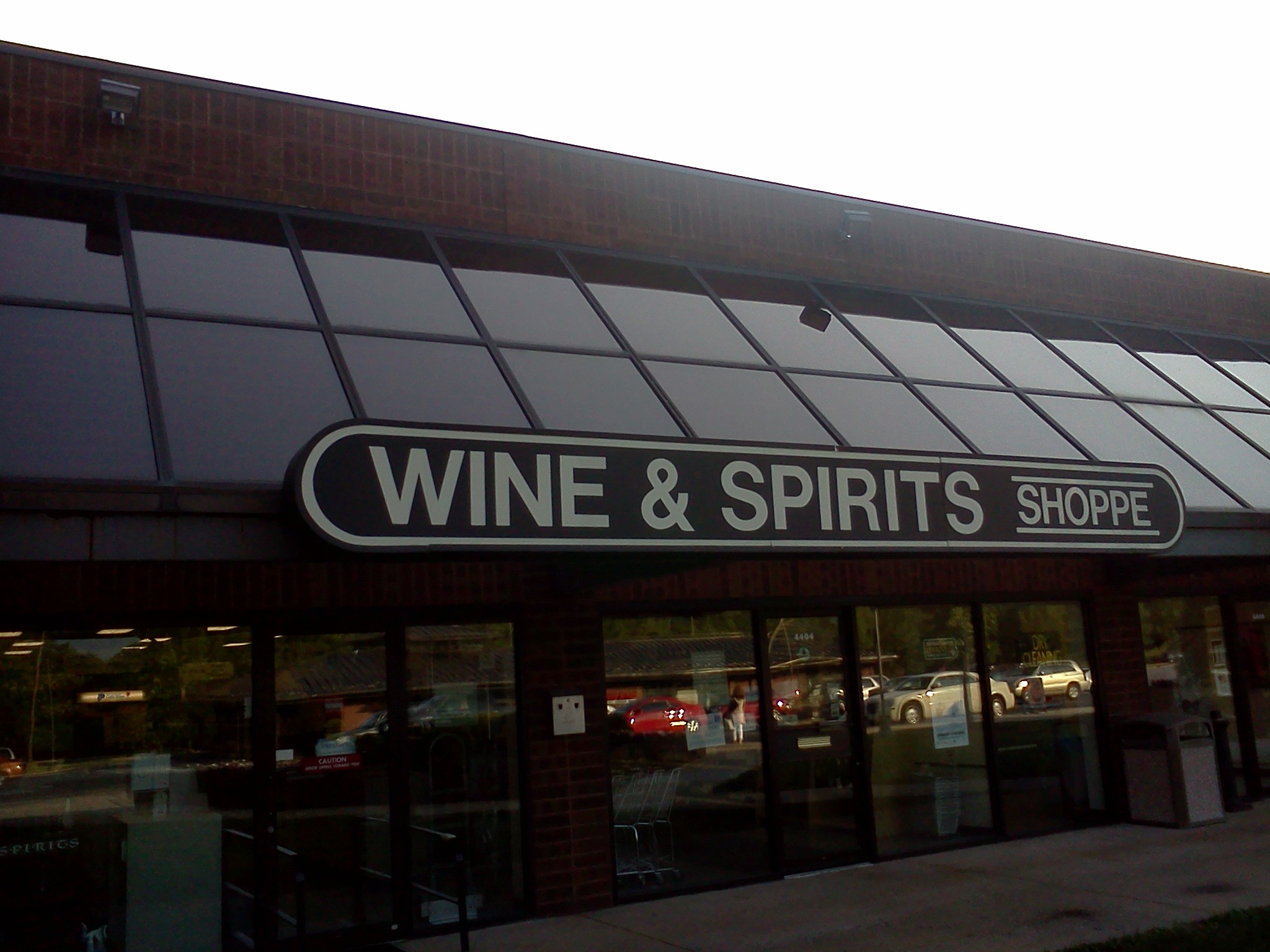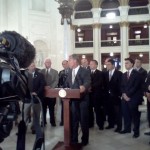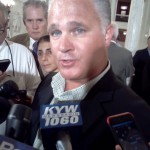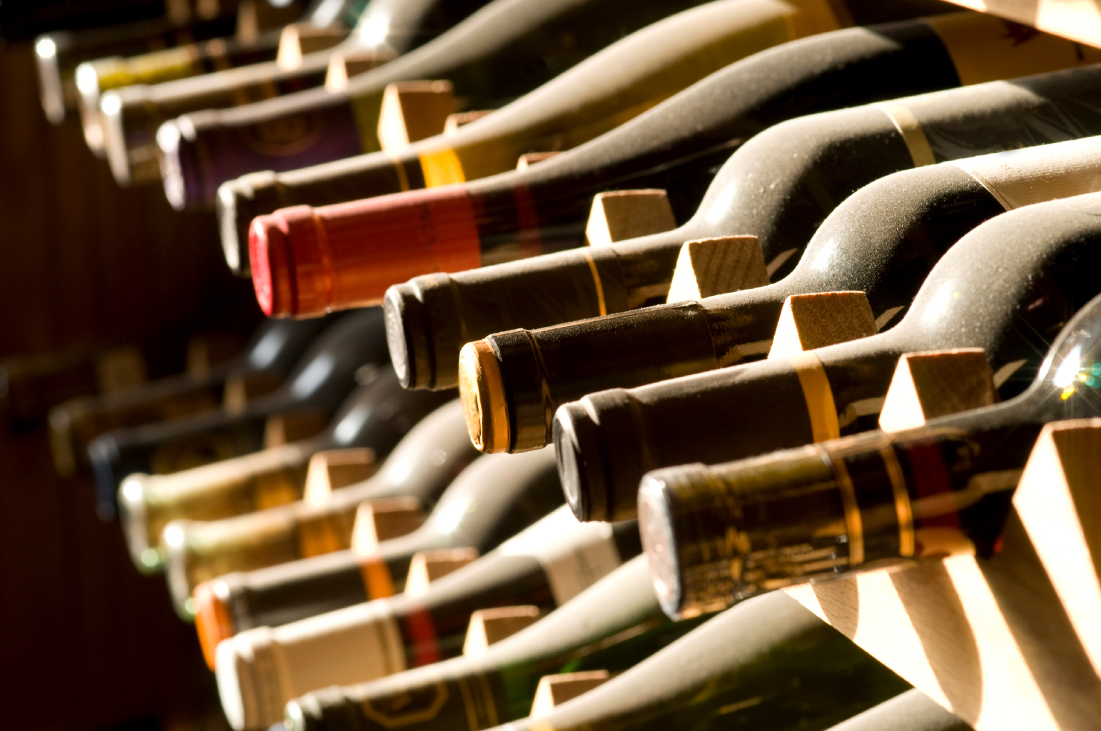Capitol Hearing Kicks-Off Privatization Debate
House Majority Leader Mike Turzai (R-Allegheny) was the only testifier on the Liquor Control Committee’s agenda Thursday, but Chairman John Taylor (R-Philadelphia) stressed that this hearing was the first of many. “The goal of Chairman Santoni and I is to get the information on the table, and have everybody have the opportunity to have their say,” Taylor said.
The committee is expected to receive additional testimony during a series of statewide hearings. Taylor said each additional hearing will likely focus on one particular area of the privatization debate, such as fiscal impact, consumer impact and/or social impact.
Minority Chairman Dante Santoni (D-Berks) welcomed the public vetting process. “I expect that what we will learn is that our current system, with some changes under the umbrella of the PLCB, can address the concerns of most Pennsylvanians,” Santoni said, suggesting that the numbers behind privatization wouldn’t add up in the end.
Rep. Turzai says the auctioning off of 1,250 retail liquor licenses would generate significant upfront revenue, but emphasized that it’s time to move into the 21st century. “Should the entity promoting wine & spirits be the same entity that polices those sales? Doesn’t that inherently constitute a conflict of interest?”
Turzai went into great detail on his bill, which is reportedly 100-pages long, though it wasn’t publicly posted as of Wednesday afternoon. Union members – who oppose privatization – were well represented in the capitol hearing room, just as they were at Rep. Turzai’s news conference earlier this month.
Back in June, the Quinnipiac University Polling Institute asked Pennsylvania voters about the liquor store privatization issue, in the context of balancing the state budget. 69% of Pennsylvanians supported the idea.



